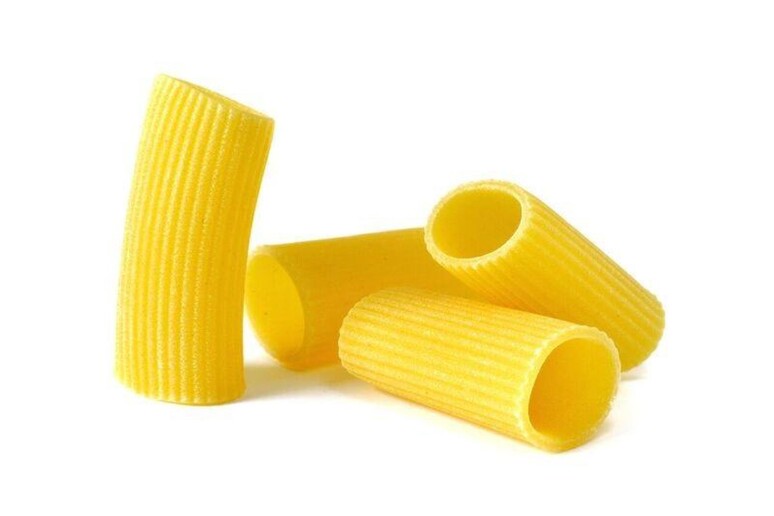A southern Italian pasta maker
said Tuesday it was sorry for marketing a new kind of rigatoni
under the name 'Abissine rigate', recalling Italy's colonial
Abyssinian campaigns in northeast Africa in the 1930s.
La Molisana, based in Campobasso, apologised for "recalling in
an unacceptable way a dramatic page of history".
It said that while it could not cancel the mistake, it would
give the pasta a new name based on its shape.
The Second Italo-Abyssinian War, fought between Italy and
Ethiopia from October 1935 to February 1937, is seen as an
example of the expansionist policy that characterized the Axis
powers and the ineffectiveness of the League of Nations before
the outbreak of World War II.
War crimes were committed by both sides in this conflict.
Italian troops used mustard gas in aerial bombardments (in
violation of the Geneva Conventions) against combatants and
civilians in an attempt to discourage the Ethiopian people from
supporting the resistance.
By all estimates, hundreds of thousands of Ethiopian civilians
died as a result of the Italian invasion, including during the
reprisal Yekatit 12 massacre in Addis Ababa, in which as many as
30,000 civilians were killed.
Crimes by Ethiopian troops included the use of Dum-Dum bullets
(in violation of the Hague Conventions), the killing of civilian
workmen (including during the Gondrand massacre) and the
mutilation of captured Eritrean Ascari and Italians (often with
castration), beginning in the first weeks of war.
During the war, Italian troops seized Aksum, and the obelisk
adorning the city was torn from its site and sent to Rome to be
placed symbolically in front of the building of the Ministry of
Colonies created by the Fascist regime.
Later standing outside the new site of the UN Food and
Agriculture Organization (FAO), it was given back to Ethiopia in
2005.
ALL RIGHTS RESERVED © Copyright ANSA











